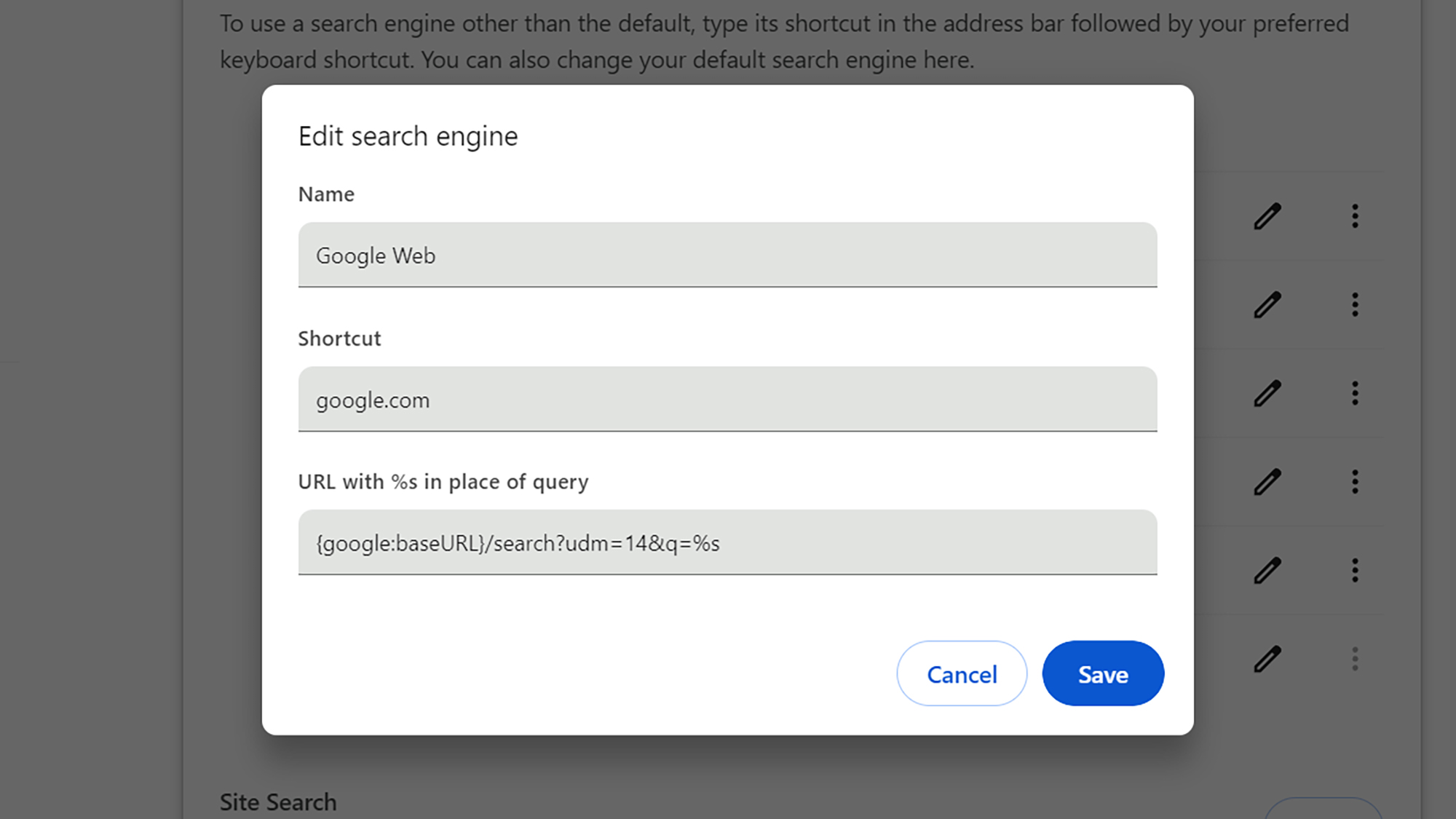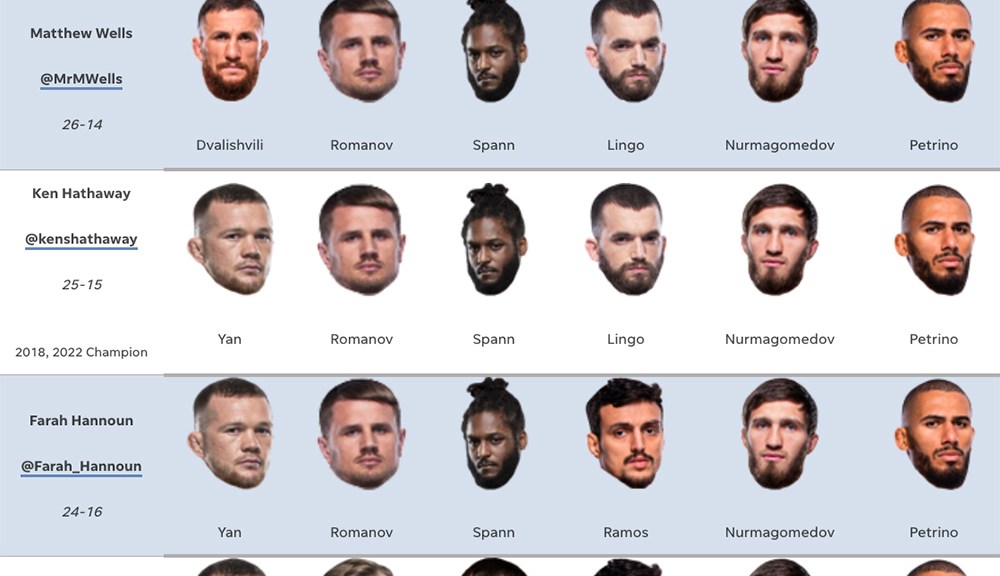How Google's Search AI Uses Web Data After Opt-Out

Table of Contents
Understanding Google's Data Collection Practices
Pre-Opt-Out Data Usage
Before you opt out, Google's AI-powered search engine collects a vast amount of data to personalize your search experience. This data includes:
- Search history: Every search query you've ever entered.
- Location data: Your location history from your devices.
- Browsing activity: Websites you visit, even if you don't explicitly use Google services.
- App usage: Data from Google apps and those integrated with Google services.
This data feeds Google's sophisticated data-driven search algorithms and allows for highly personalized search results. For example, if you frequently search for "Italian restaurants near me," your future searches will likely prioritize local Italian eateries. This is the essence of Google search personalization, powered by its AI.
The Opt-Out Process and its Limitations
Opting out of Google's data collection involves several steps, often spread across multiple Google services and settings. You can typically adjust these settings within your Google Account. However, it's crucial to understand the limitations:
- Data retention: Google may retain some data even after you opt out, particularly for aggregate analysis or security purposes. This means Google might still have some information about your past activity, even though it’s not directly linked to your identifiable profile.
- Third-party data: Google's personalization also relies on data from third-party websites and services. Opting out of Google’s data collection doesn’t necessarily affect data collected by these third parties.
- Partial opt-out: Opting out might only limit certain types of data collection, not all of it. Understanding the specifics of each setting is key to maximizing your privacy.
Opting out of Google tracking is a multi-step process, and understanding its limitations is crucial for managing your data privacy effectively.
How Google's Search AI Adapts After Opt-Out
Changes in Search Result Personalization
After opting out of Google data collection, you'll likely notice changes in your search results. Personalization will be significantly reduced, though it won't disappear entirely. Google still uses broad location data (e.g., city-level) and other anonymized information to tailor search results somewhat.
- Before opt-out: Search for "best pizza" yields results heavily weighted towards local pizzerias based on your location history.
- After opt-out: Search for "best pizza" yields more geographically diverse results, possibly including national chains or popular places based on general trends.
The impact on search algorithms is noticeable, though the degree of personalization will vary depending on the extent of your previous data usage and Google's other data sources.
Continued Use of Aggregated Data
Even after opting out, Google continues to use aggregated and anonymized data to train its AI and improve its search algorithms. This anonymized data doesn't directly identify you but contributes to broader trends and patterns.
- Benefits of aggregated data: This approach allows Google to improve the relevance and accuracy of search results for all users without compromising individual privacy. The aggregate data analysis enhances the overall functionality of the search engine. It allows for improvements to the AI model training, making the search experience better for everyone.
This use of anonymous data represents a balance between improving AI functionality and protecting user privacy.
The Ethical and Legal Implications
Transparency and User Consent
Google's data collection practices, even after opt-out, raise ethical questions around transparency and informed consent. Users should have a clear understanding of how their data is being used, even in anonymized form. Data privacy regulations like GDPR and CCPA aim to address these issues, requiring companies to be more transparent about data usage and obtain explicit user consent.
- Data privacy regulations: GDPR and CCPA emphasize user rights, including the right to access, correct, and delete personal data. These regulations impact how companies, including Google, handle user information.
Balancing user rights and AI development is an ongoing ethical challenge.
Future of AI and Data Privacy
The future of AI and data privacy hinges on developing more responsible AI practices. This includes:
- Differential privacy: Techniques that add noise to data to protect individual privacy while preserving aggregate trends.
- Federated learning: Training AI models on decentralized data, minimizing the need to collect sensitive information in a central location.
- Improved transparency and control: Giving users more granular control over their data and clearer explanations of how it's being used.
The ongoing development of AI ethics will shape future data handling practices.
Conclusion
Google's search AI relies heavily on web data, and even opting out doesn't entirely eliminate its use. While Google minimizes direct use of personally identifiable information after opt-out, it continues to leverage aggregated data for AI improvement. The limitations of the opt-out process and the ongoing ethical and legal considerations highlight the need for greater transparency and user control over personal data. Take control of your data privacy by learning more about managing your Google settings and understanding how Google's search AI uses web data, even after you opt out.

Featured Posts
-
 Des Moines Ufc Predictions And Analysis For Fight Night
May 04, 2025
Des Moines Ufc Predictions And Analysis For Fight Night
May 04, 2025 -
 May Boxing Match Pacheco And Mbilli Set For Collision
May 04, 2025
May Boxing Match Pacheco And Mbilli Set For Collision
May 04, 2025 -
 Fleetwood Mac And The Supergroup Legacy Fact Or Rumour
May 04, 2025
Fleetwood Mac And The Supergroup Legacy Fact Or Rumour
May 04, 2025 -
 Simon Cowell Furious Bgt Star Withdraws From Live Semi Final
May 04, 2025
Simon Cowell Furious Bgt Star Withdraws From Live Semi Final
May 04, 2025 -
 Gymnast Simone Biles To Give Riders Up At Kentucky Derby 2024
May 04, 2025
Gymnast Simone Biles To Give Riders Up At Kentucky Derby 2024
May 04, 2025
